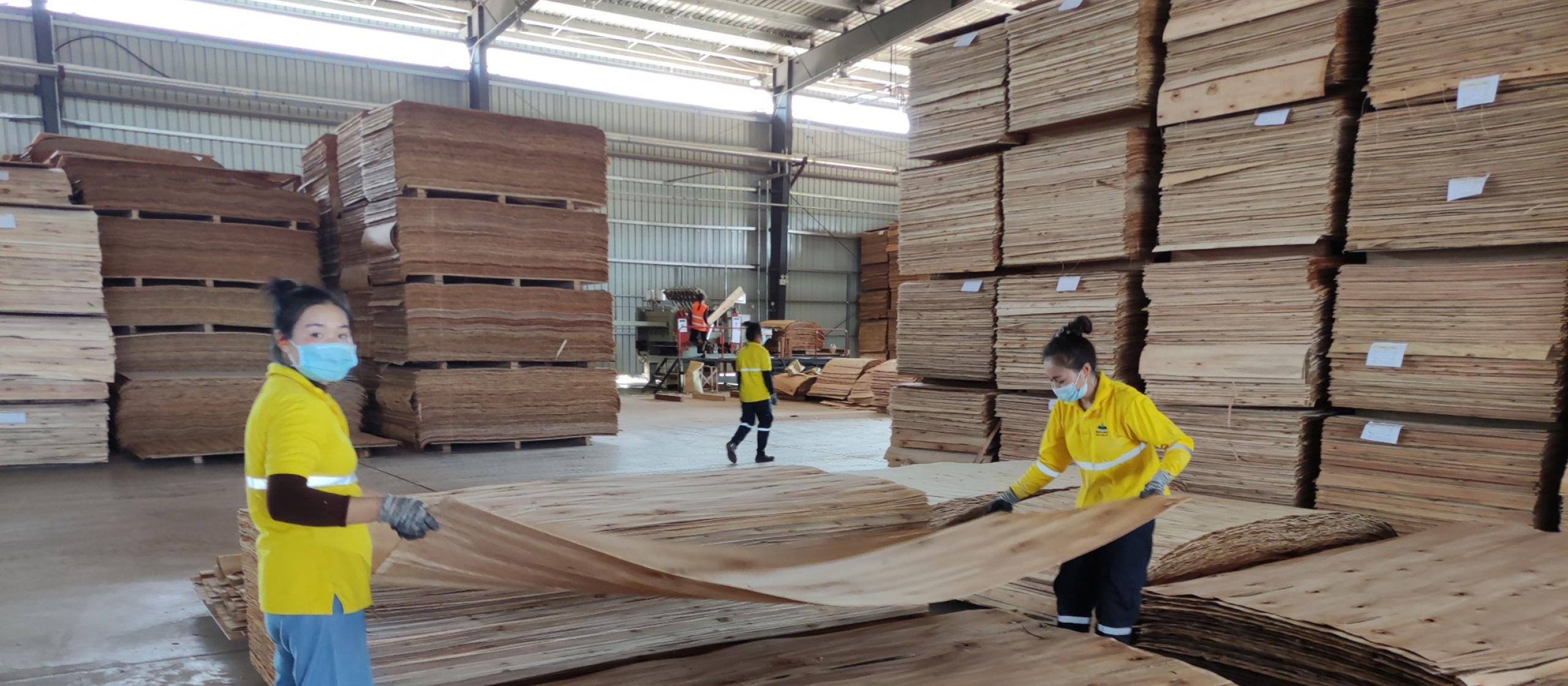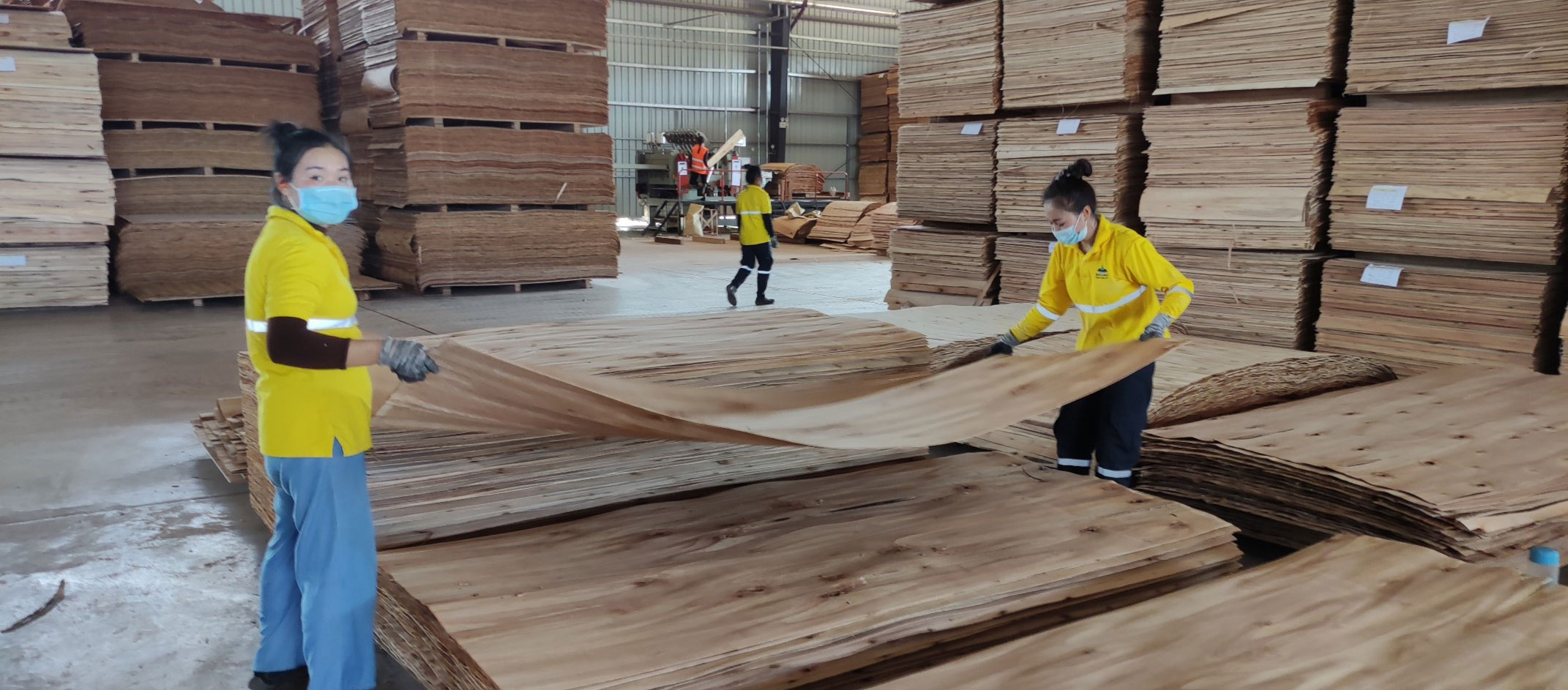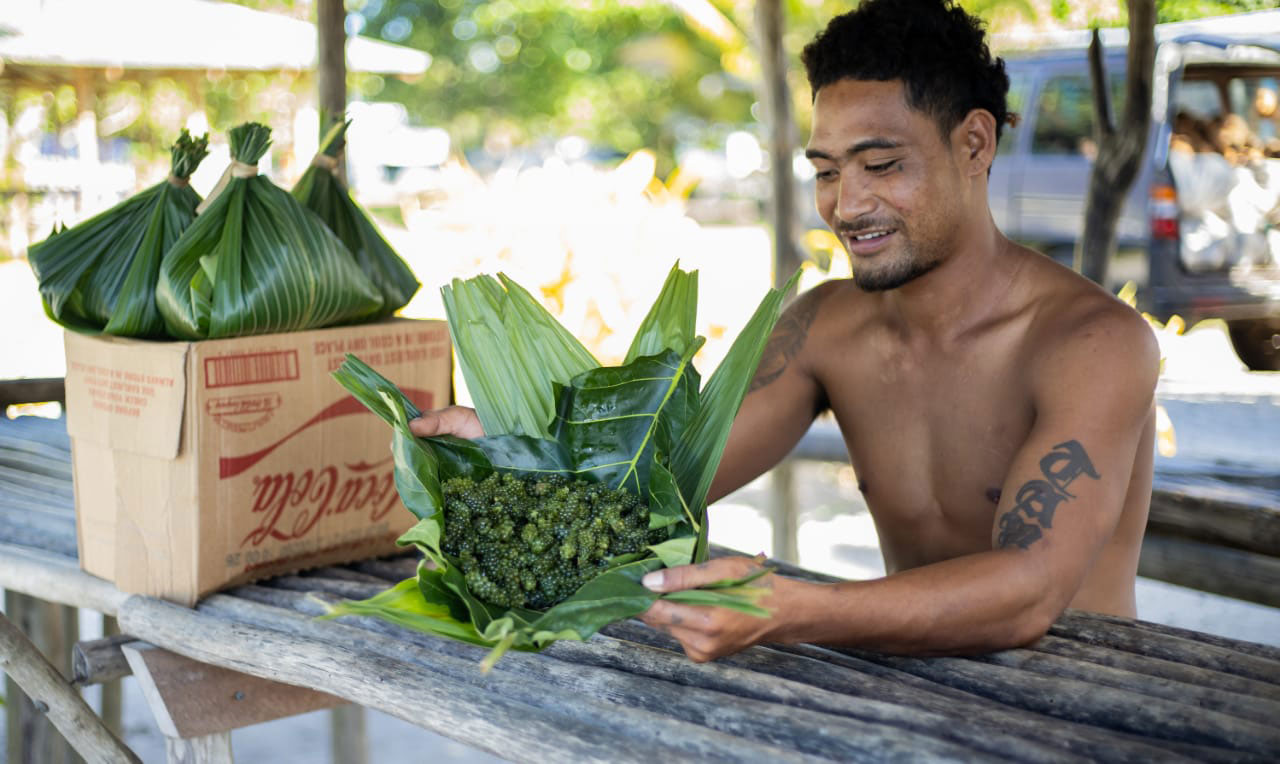- HomeHome
-
About ACIAR
- Our work
- Our people
-
Corporate information
- ACIAR Audit Committee
- Commission for International Agricultural Research
- Policy Advisory Council
- Agency reviews
- Executive remuneration disclosure
- Freedom of information (FOI)
- Gifts and benefits register
- Information publication scheme
- List of new agency files
- Contracts
- Legal services expenditure
- Privacy impact assessment register
- Commonwealth Child Safe Framework
- Benefits to Australia
- Careers
- 40 years of ACIAR
-
What we do
- Programs
- Cross-cutting areas
- Resources
- Where we work
-
Funding
- Research projects
- Fellowships
-
Scholarships
- John Allwright FellowshipScholarships to study in Australia for ACIAR partner country scientists to have Australian postgraduate qualifications
- ACIAR Pacific Agriculture Scholarships and Support and Climate Resilience Program
- Alumni Research Support Facility
- Publications
- News and Outreach
Date released
23 September 2021
For many people working on ACIAR projects, COVID-19 has had a devastating and at times very personal impact. ACIAR recognises the limitations this has placed on project delivery.
Despite the challenges, some partners have had both good luck and good management on their side and have pivoted their work to keep project activities going. The challenge has also been taken up at the ACIAR leadership level, with ACIAR Chief Scientist Dr Daniel Walker looking at the seismic shift as an opportunity to accelerate a re-balance between designing and leading research.
‘The capacity to adapt to working remotely differs across regions but in many instances the onset of COVID-19 has meant that ACIAR project teams are increasingly handing over responsibility to in-country partners,’ says Dr Walker.
‘In many countries even if the local research team are willing and able to take up the challenge, it’s not been possible because they’ve been under very serious COVID-19 restrictions themselves. But where continued research has been possible many of the researchers in-country have risen to the challenge and been very impressive.
‘While interacting online is easier with long-established partnerships but more challenging in new areas of research, it doesn’t mean we’re sticking to our comfort zone. We’re moving into new areas of research where building the foundations will take extra time and investment.’
At least one new concept in project management is being adopted as a result of the pandemic, says Dr Walker.
‘In the past, for our mid-term and end-of-project reviews, the reviewers, project leader and other Australian researchers would travel to the country to hold the review meetings over a couple of days. That’s been happening online and as we learn more about how to work online this has been very efficient.
‘When we get back to having the travel, I think we will continue to use online tools wherever possible and reserve travel for those things that really can’t happen otherwise—field work, building new partnerships and so on.’
Dr Walker says work is also underway to provide an online learning platform for capacity building activities to offset the impact of travel restrictions on PhD students and recipients of the ACIAR John Allwright and John Dillon Fellowships that provide scientists from partner countries involved in ACIAR research projects with the opportunity to obtain postgraduate qualifications at Australian tertiary institutions.
For two ACIAR projects—one in Laos and one in the Pacific region—teams have tapped into local resources to keep research going.
LAOS: Safety measures support ongoing plywood research
Timber trucks carrying loads of eucalypt logs rumble into Burapha Agro-Forestry Co’s mill in Laos while inside the factory 180 local staff trained in wearing masks, social distancing and sanitisation are hard at work preparing the first export shipments of plywood for Australia.
Despite the COVID-19 pandemic, Burapha Agro-Forestry continues to work in partnership with ACIAR to develop engineered wood products, processing technologies and a skilled workforce in Laos.
The company has a public-private partnership with ACIAR and the National University of Laos (NUoL), enabling research to be converted into commercial success for the country’s burgeoning eucalypt plantation industry.
Senior scientist Dr Adam Redman worked on the project from its beginning in 2017, before leaving his research position to take up the position of Plywood Product Manager at Burapha in December 2019.
Dr Redman says the global pandemic has fortunately had only a minor impact on the project so far, although lockdown in the capital of Vientiane affected Burapha’s research partner, NUoL, where the wood technology research centre supported by ACIAR is located.
‘About 100 students mostly from rural areas had to stay on campus during lockdowns and both Burapha and ACIAR affiliates donated financial support to help them through,’ Dr Redman says.
‘We are fortunate that the Burapha mill is in an isolated area of the Hinheub district, 90 kilometres north of Vientiane, and we haven’t had any COVID cases so we can keep operating. This is very important for 14 graduates of the university’s Faculty of Forestry who we employ as production supervisors.
‘During the first lockdown in 2020, our head office staff in Vientiane had to work from home. When we had a second, more severe lockdown earlier this year, we put social distancing measures, sanitation and masks in place for field staff and mill workers here, and in June and July Burapha organised for most workers to be vaccinated on site by the provincial hospital.’
To offset the impact of the first lockdown on research, Dr Redman worked with ACIAR project partner the Queensland Department of Agriculture and Fisheries (DAF) to identify desk-based tasks that could be done online or within the university.
Two tasks produced valuable results. Burapha sent a shipment of plywood to the DAF testing facility so it could test H2 preservative treatment for termites and its potential as a fire retardant; and researchers identified a certifying body that could approve the company’s in-house production programs to allow it to export timber products.
‘We needed to find a body to certify that our quality assurance and quality control for testing and strength, stiffness and glue bond testing meets Australian standards. The desktop study identified BSI, the British Standards Institute, which has done a virtual audit of the factory that’s being finalised now,’ Dr Redman explains.
‘That means we can meet F17 structural grade standards and sell to builders in Australia. We have already sold and shipped 15 containers to a customer in Brisbane who was confident that it would meet certification. These are all reportable and significant impacts for the ACIAR project.’
While the desktop studies proved fruitful, Dr Redman says the second and third phases of the project, which require people onsite to study forestry plantings and disease monitoring of the eucalypt plantations, will be more difficult in a pandemic.
In the future, he says, it may pay to have research staff on ACIAR projects living onsite in-country, depending on the nature of the project.
‘It depends how much time is needed onsite in factories or on farms, but one or two weeks fly in, fly out is not enough for this type of project. Now that we know the impact of a global pandemic, we can include it in risk assessments for future projects and have a contingency plan for how to shift focus,’ says Dr Redman.
Australian forester and consultant to the Laos project, Mr Stephen Midgely, agrees. Mr Midgely usually spends eight months of the year working in Vientiane but has been caught in Australia in the COVID-19 lockdown.
He says based on the success of ACIAR’s public-private partnership with NUoL and Burapha, another three companies have begun producing laminated beams and timber veneers and are actively expanding plantations with a view to supporting associated industries.
‘This is very timely given the shortage of timber products due to the pandemic,’ says Mr Midgely.
‘Another plus is that graduates of NUoL are in demand for highly paid jobs in the forestry industry. One of the brightest young students from the ACIAR project has been selected to complete his Masters at the University of Queensland, but because he can’t travel, he is working at Burapha and developing a very good command of technical English.’
PACIFIC: Trust, texts key to maintain seaweed research
Digital communication via text and tablets has proven key to coordinating research remotely in Samoa and Kiribati during the COVID-19 pandemic for first-time ACIAR project leader Dr Libby Swanepoel.
‘At times we’re receiving 200 WhatsApp messages a day—there’s amazing engagement,’ says Dr Swanepoel, Senior Lecturer in Nutrition and Dietetics at the University of the Sunshine Coast (USC) in Queensland.
‘Working remotely has meant lots of forgiveness and the freedom to try things in different ways, and with digital communication we can provide instant support or reassurance to our teams in the field.
‘It also breaks down barriers. Even if we’re there in person some of the junior staff may not feel comfortable approaching us, but they’re very competent and confident speaking digital language.’
With travel from Australia and within countries severely restricted to limit the spread of the coronavirus, the relationships developed between ACIAR and in-country researchers has also been integral. Dr Swanepoel is leading an ACIAR project that is developing gender-inclusive seaweed production for long-term health, income and wellbeing in coastal communities of Kiribati and Samoa.
‘One of our Samoan researchers has been working on ACIAR projects for more than 10 years and with that longevity comes trust, which means that even if the project leader is not on the ground to see what’s happening, they value the researchers’ experience and opinions,’ says Dr Swanepoel.
‘We’ve been really lucky to have an ACIAR John Dillon Fellow and John Allright Fellow, Ms Sapeti Tiitii, working as principal fisheries officer in Samoa. Sapeti studied her Masters at USC and her knowledge of research, methods for data collection and ethics has been invaluable, both as a conduit and as a communicator between the teams in Australia and the Pacific.’
The project is seeking to transform seaweed fisheries as part of a nutrition-sensitive coastal food system comprised of short supply chains, village-based processing, targeted sustainable use of natural resources and marketing for family consumption.
Investing in human relationships is core to our success during, and after, COVID times.
‘A lot of the work we do is participatory—working with communities from the bottom up—which is more difficult remotely, so we’ve relied on the in-country teams a lot,’ says Dr Swanepoel.
She explains that together they looked at the project’s original aim and method to achieve it, then worked together to adapt the project and co-create solutions.
‘It definitely took time for the in-country teams to trust themselves but that co-creative process identified gaps they might have had or barriers they’d face and, with time, they felt really comfortable to speak openly about their ideas and plans,’ she adds.
‘We also developed interactive online training modules that could be applied to other research projects. We’ve been able to train more people, because when you’re teaching online, numbers are less of an issue.’
Tablets sent from Australia proved invaluable in collecting data and Samoan researchers responded to the technology enthusiastically, learning online how to do surveys and interviews in communities and collecting data from 200 households rather than the original 100 target.
‘Previously they would have done the surveys on paper, taken them back to the computer in the office and entered the data.
‘Lots of steps are involved that are time-consuming and that involve more opportunities for error or losing data.
‘But the teams are very enthusiastic about using the tablets for fieldwork and have suggested other ways to streamline field audits and market surveys to process the data much faster,’ says Dr Swanepoel.
‘Also, I would normally take final-year students with me to the Pacific to act as buddies to local researchers and support dietary data collection, but because we couldn’t do that, we created an online app for the in-country teams with intuitive prompts to guide them through the interview and survey process.
‘We synched the app with the Pacific island food composition tables and we workshopped foods commonly eaten in Samoa and Kiribati to help collect accurate dietary intake data.
‘We’ll be able to use this data to model the contribution of different seaweeds to the diet when eaten in different amounts.
‘The team said they loved the app, particularly because it is intuitive where if a participant answers a question it brings up prompts for what to ask after that.’
While communication was ‘a breeze’ in Samoa—‘they could have been next door’, Dr Swanepoel says—it has been much more of a challenge in isolated Kiribati.
‘Physically just sending tablets to Kiribati has meant trying several global couriers to fly packages to Fiji and then ship them to Tarawa. The Zoom connections are highly unreliable. We email training modules and ask for feedback and researchers say, “Emails haven’t downloaded since last week”.’
Dr Swanepoel says it is also important to take extra time in online meetings to acknowledge the core of all conversations in the Pacific: humour and family.
‘We forward plan to have extended meetings to accommodate time for the all-important chat with researchers about family and personal happenings outside work.
ACIAR projects
- Advancing enhanced wood manufacturing industries in Laos and Australia, FST/2016/151
- Improving nutrition through women’s and men’s engagement across the seaweed food chain in Kiribati and Samoa, FIS/2019/125.





